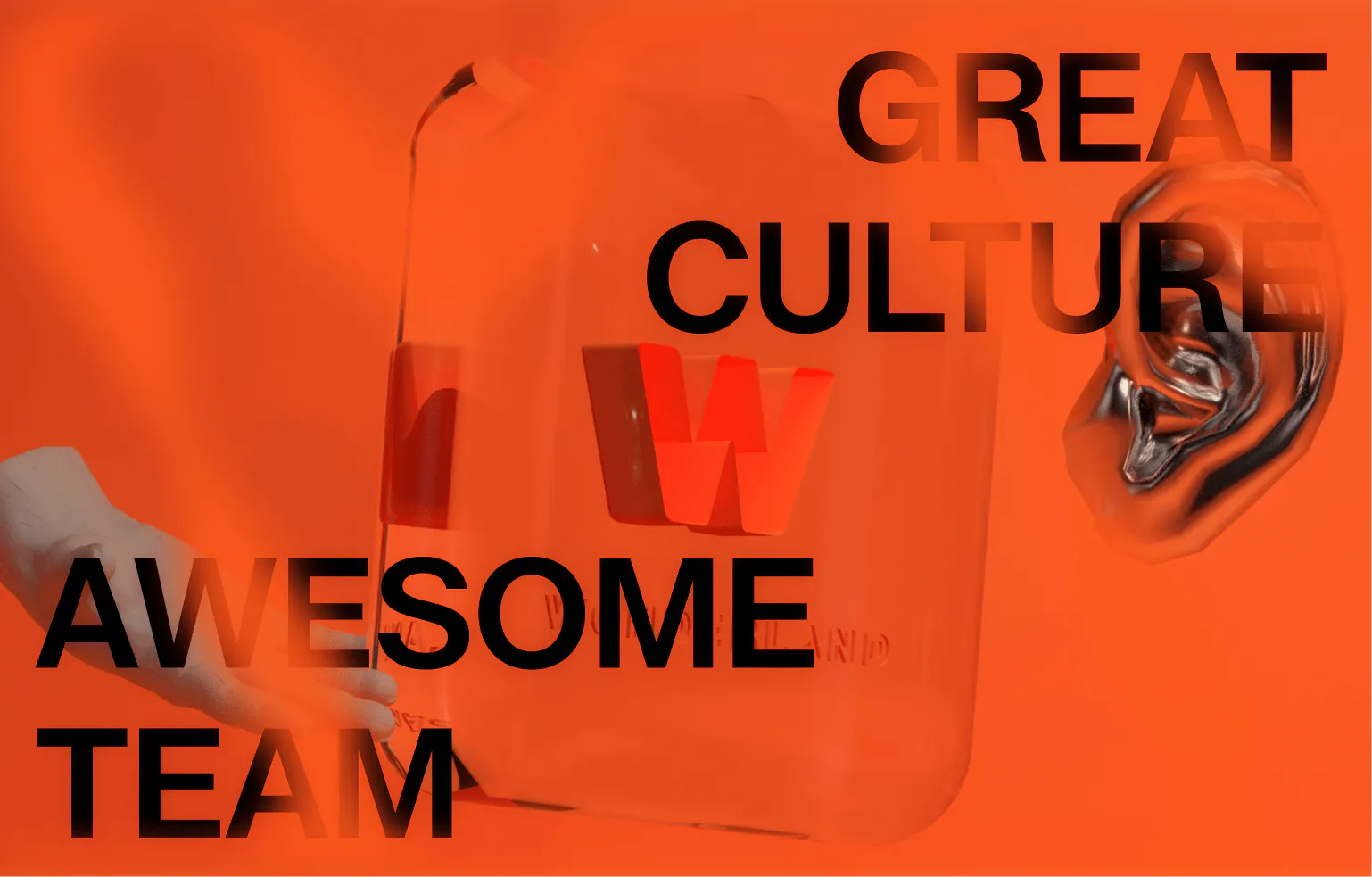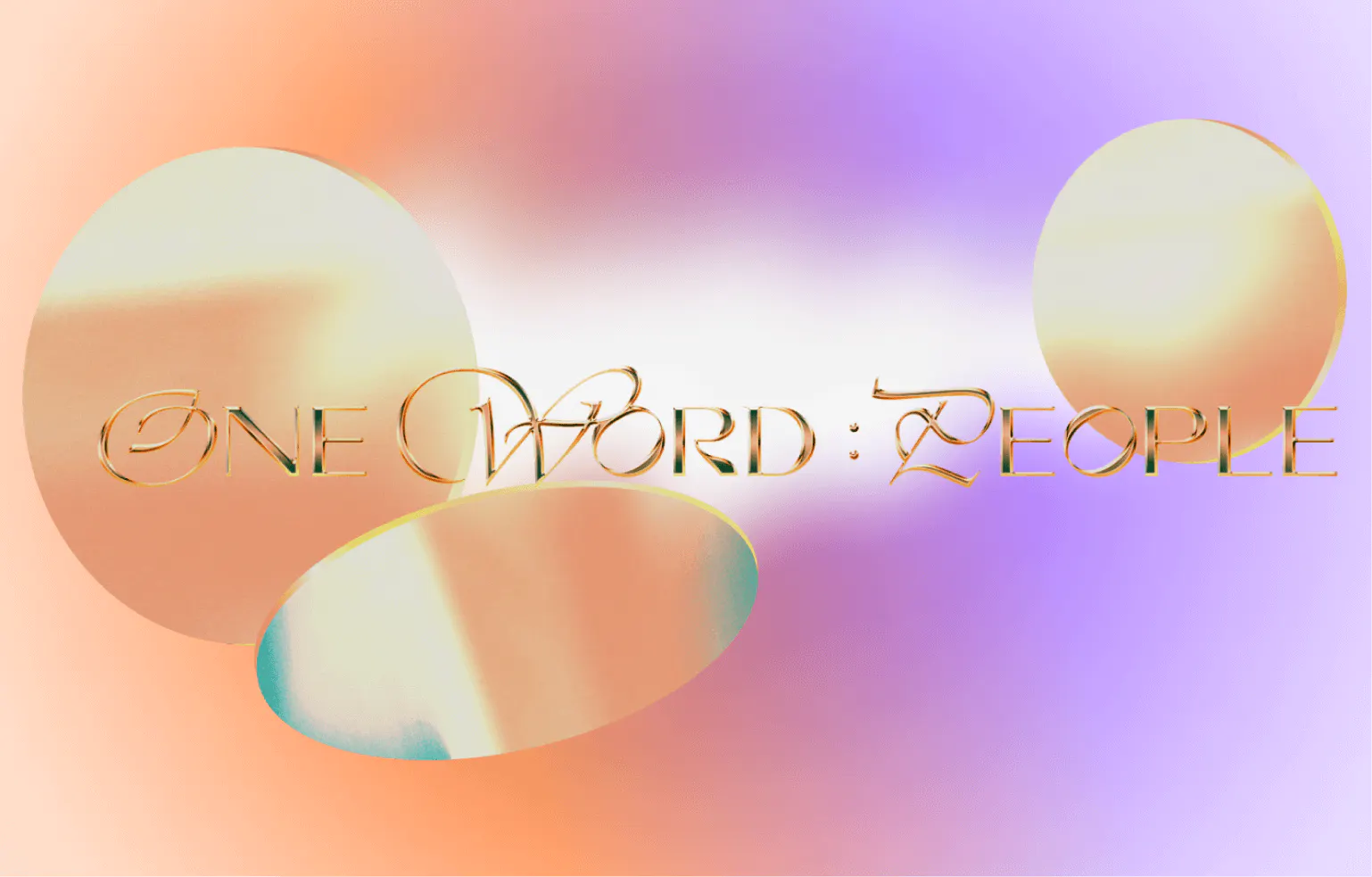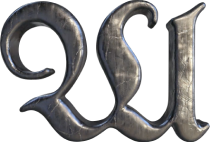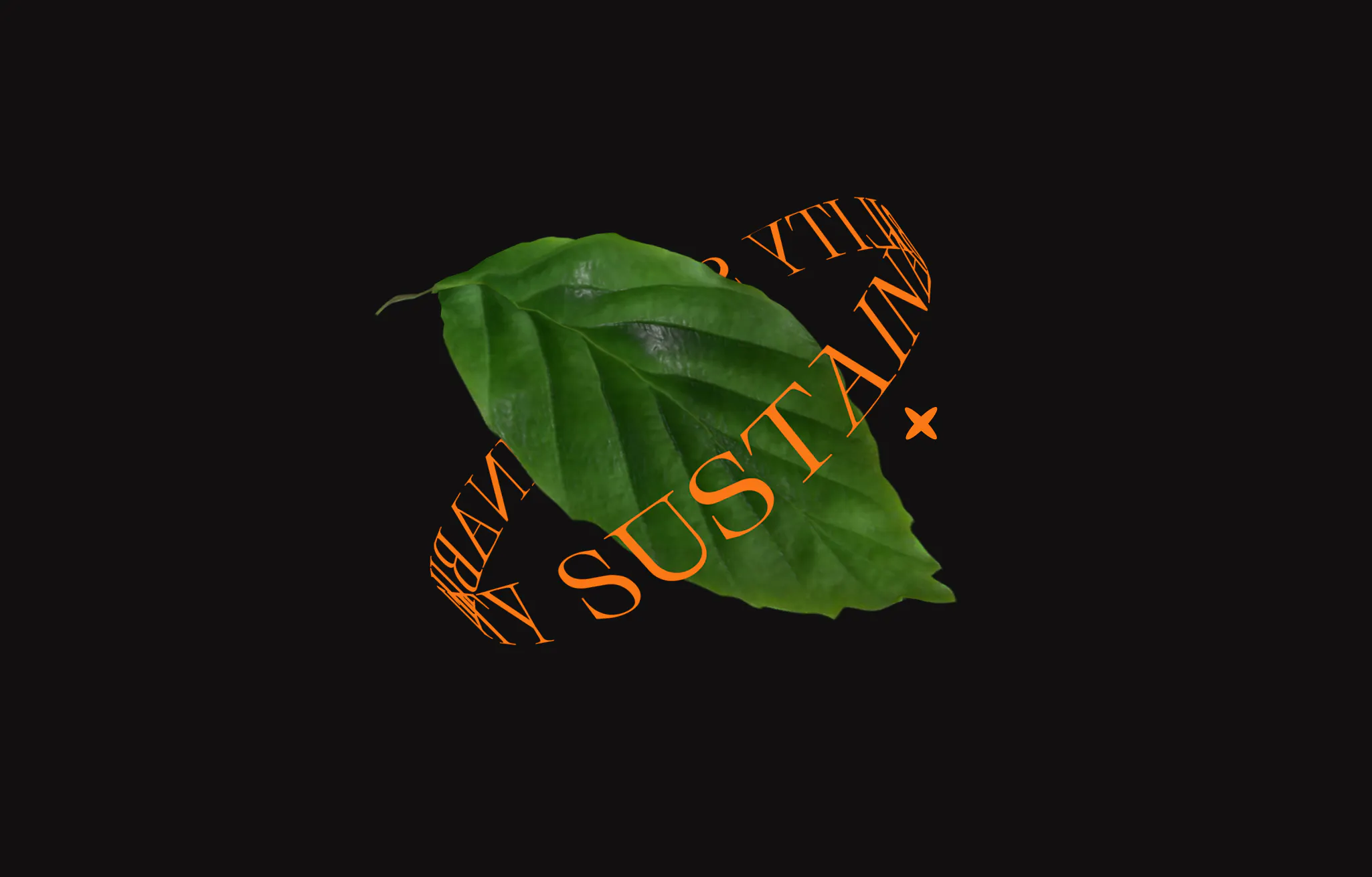
Hey Wonderland: How are you Tackling Sustainability?
Hey Wonderland: How are you Tackling Sustainability?
Senior Strategist and Business Developer
We define sustainability as the need to work for companies that do something good for the world, period.
Before we start, it’s maybe a good idea to disclose that we define Sustainability in a slightly different way. While the technical definition is the avoidance of the depletion of natural resources in order to maintain an ecological balance, for us we view it as the need to work for companies that do something good for the world. This could be companies with a sustainable mission or operations, like Patagonia or Allbirds, institutions looking to benefit and further society such as charities or scholarships, or businesses looking to alleviate issues such as access to clean water, like Lifestraw.
Now that we’ve got that out of the way, we should also come clean and admit that sustainability isn’t something we’ve always been good at. We’ve always tried, but it hasn’t been a central focus for us for the simple reason that we thought we were already quite sustainable because of our work in digital. It was only when we began diving into the topic towards the end of last year that we began to fully understand the environmental cost of our - and the world’s - digital products. Hence our push to become a B Corp.
With just four months between now and the submission date, we’re rapidly adding and refining the day-to-day processes of Wonderland, coupling easy wins like shifting to all-vegetarian lunches and composting our food waste via Grow It Away to writing and formalising our internal code of ethics and whistleblower policies.
The main shift has come from a change in perception. Somewhere along the way, we got tired of doing creative work for the sake of creativity and profit. Instead, we reviewed our priorities and realigned them on contribution, not consumption. In this, we’re actively seeking clients and partners who contribute to the world in positive ways and want to leave it better than they found it, rather than relentlessly consuming it like some commercialised rendition of Augustus Gloop. It’s not a fast process, true, but increasingly we’re starting to see the rewards.
Especially at the start, this was a difficult reality for us to come to terms with. We have a running joke in the office that our MD’s favourite phrase is that he wants to “push it” and “go fast”, but with time we’ve realised that to achieve this, we have to first go slow, and map out exactly what we want from this process. Clarity is key, and we can’t do everything right from day one. We can’t abandon clients we’ve worked with for years. We can’t risk the continuity of Wonderland in favour of quick results. And we can’t ignore the economic signalling that pervades the news like Covid did just months before.
What we can do is slowly increase our proportion of ‘for good’ clients as we complete existing projects. We can educate our current clients and improve their projects to make them greener and more sustainable, which we’ll do. And we can plan ahead and map future scenarios for Wonderland that look one, three, and five years into the future, which we’ve done. With time comes clarity, and clarity is key in shifting a business - any business - to a greener, more sustainable way of working. This summer has been one of the hottest on record, with the extreme heat wreaking havoc in the world's three largest economies.
For as long as we can remember, the time to act has been now. But, now more than ever, the shift needs to accelerate. We’ve seen it more clearly than ever before when the clock hit 2020, and it’s only become more evident as we’ve moved through the decade.
We’re just a small company, but we want to make a difference and be more sustainable. We want to educate our industry, help our clients, and leave the world a little bit better than how we found it. With this desire comes sustainably-charged decisions, each of which brings us closer to our goal, and nearer to becoming a certified B Corp.

